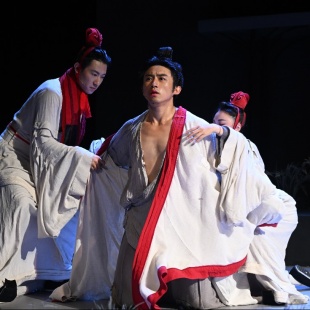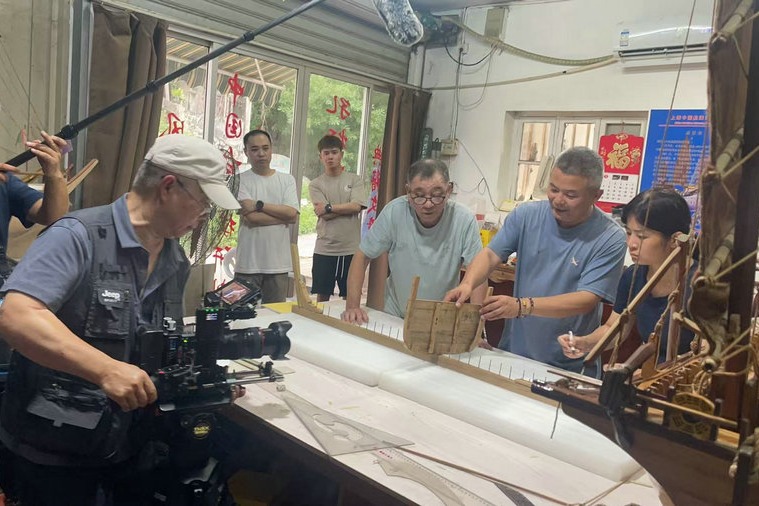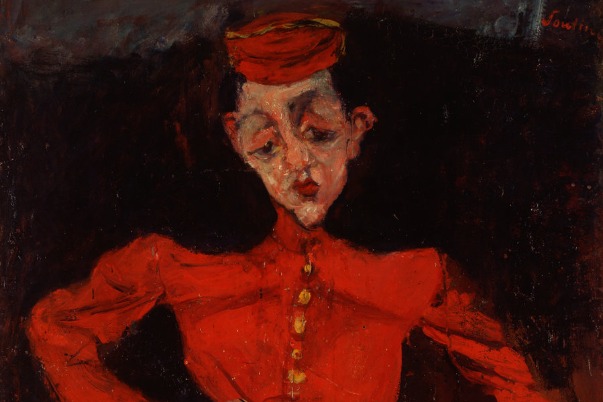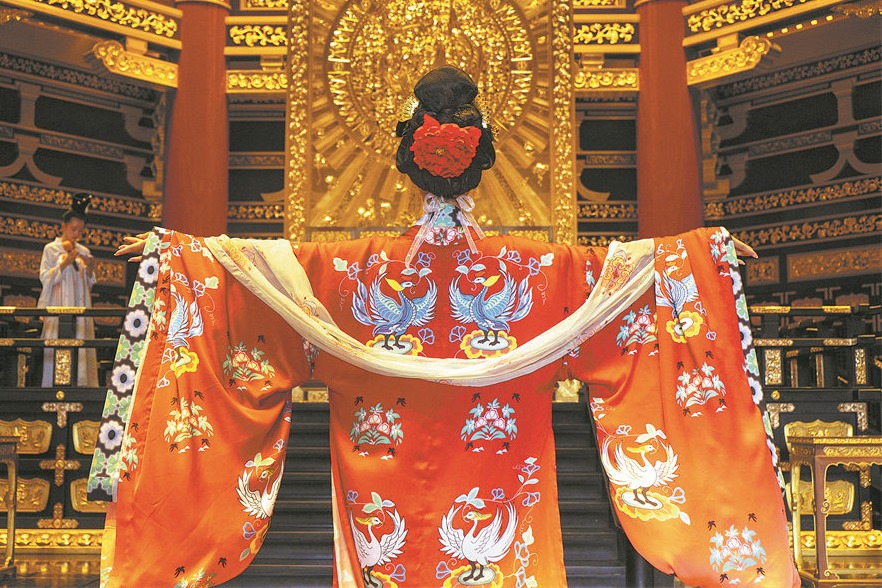Portrait of a philosopher
Seven-hour marathon explores 55 years of Confucius' life, with potential for more in the future, Chen Nan reports.


"When I was young, studying The Analects (a collection of ideas and sayings) in excerpts at school, I always felt that I was reading timeless words, universally applicable and faultless. As I grew older, I began to appreciate the profound wisdom of Confucius more deeply. It became clear that while it was easy to recite his quotes, living by his teachings was a challenge," the director replies, when asked why he wanted to write the play to begin with.
Along with scriptwriter Zhang Ting, Huang began to explore the contexts and stages of life from which Confucius drew his insights and expressed his thoughts. They portray him as a man from a humble background with the idea of making the world a better place, inviting the audience along on his journey.
A classic guqin (a seven-stringed musical instrument) composition, Flowing Water, a vivid depiction of water flowing from high mountains, is used in the play. The composition has been adapted for the piano. Huang was inspired to use the song by the famous proverb dating back to the time of Lao Zi, shang shan ruo shui, or "the highest virtue is that of water", and he compares the qualities of water — adaptability, humility and purity — with the teachings of Confucius.
"I began to understand that his wisdom was not just a set of aphorisms, but a product of his experiences and reflections throughout life. Moreover, I couldn't ignore the influence of Confucius in my own life and in the lives of those around me," Huang says.
"His cultural legacy has been passed down through generations like an indelible mark, shaping not just beliefs and values, but also our way of thinking and behaving. His teachings continue to resonate.
"Each of us carries a part of Confucius within ourselves. This connection is why it's so important to discuss him today," Huang adds.





































